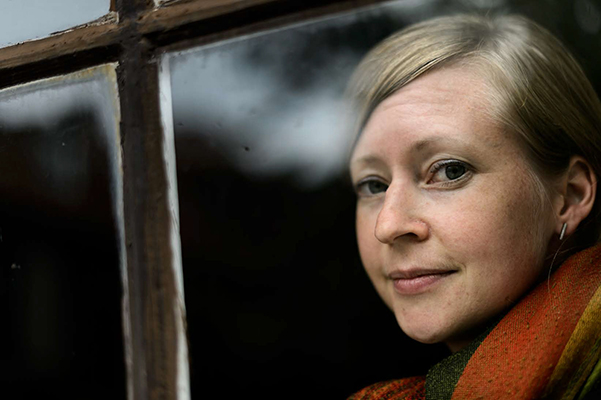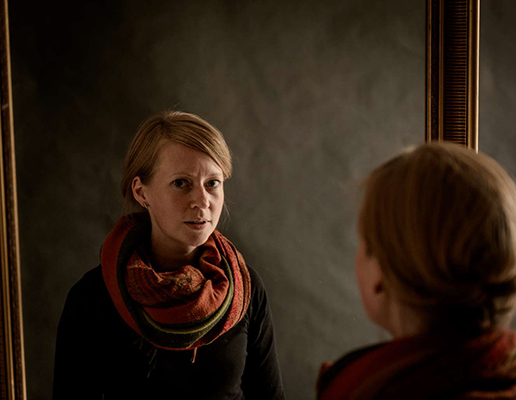Archives are not just sleepy storage places
Opinion by Ulrika Waaranperä, doctoral student in political science at Lund University and Malmö University
On 6 June 2013, the then British Foreign Secretary William Hague made an historic statement in which he apologised for the abuses the colonial administration was guilty of in Kenya between 1952 and 1963. The statement was made in conjunction with the payment of damages equivalent to SEK 275 million to 5 228 elderly Kenyans.
That the British colonial power, like many other colonial powers, committed abuses against the colonised is nothing new. The difference is that the abuses could be proved this time, due to 300 boxes of documentation, mainly colonial correspondence, that were suddenly rediscovered in a secret archive in London in 2011.
However, let us go back to 1952 when the colonial government declared martial law in Kenya. The aim was to combat the Mau Mau rebels, labelled as terrorists by the British government and the European settlers, but whose guerrilla struggle for land and independence gained broad support among rural landless day labourers and the urban intelligentsia. During the Mau Mau years there was, in principle, civil war in Kenya. Both sides were guilty of barbaric acts, but the government had considerably greater resources with which to commit them. Historians estimate that tens of thousands – perhaps as many as one hundred thousand – lost their lives and that over one million were interned in prison camps. For those who travel through the Kenyan highlands, it is hard to escape that the Mau Mau rebellion still lives in many people’s memories more than 60 years later. However, until a few years ago it was memory that was the main source of information on the Mau Mau rebellion. Memory can be an extremely good source for historical documentation, but it tends not to hold up as sole evidence in court – and particularly not more than 50 years later.
” This is how the archived material suddenly played a major role.”
So, when four elderly Kenyans travelled to London in April 2011 to testify in court about the torture, abuse and rapes they were subjected to during the Mau Mau years, their defence lawyer had a considerable need for documentation that could back up their testimonies. Much of this documentation was probably destroyed when Kenya gained independence in 1963 and the outgoing colonial administration carefully covered its tracks. However, historians have long had reason to suspect that part of the colonial archive was transported to London instead of being destroyed on the spot. The historian David Anderson testified about this in the court proceedings. The court demanded that the Foreign Ministry should release all documents related to the case. However, it was only after an employee at the ministry, Edward Inglett, criticised the impropriety and illegality of withholding this type of material during an ongoing court case that the lost documents were “rediscovered”. This is how the archived material suddenly played a major role in a court case – that can also be the snowball that sets in motion an avalanche of similar claims against the British state. That is because along with the 300 boxes of documents on Kenya, there were countless rediscovered boxes of classified material from 36 other former colonies.
In relation to my own research, which concerns how land is politicised, the events surrounding the Mau Mau archives say something about history’s explosive nature. In addition to showing that colonial abuses cannot easily be consigned to the past, the damages also emphasise that archives are not just sleepy storage places for remnants of the past, but that an archive can also play an active role in contemporary issues relating to rights and politics.
Photo: Kennet Ruona
Facts
-
Ulrika Waaranperä
-
Ulrika Waaranperä is a doctoral student in political science at Lund University and Malmö University and the title of her project is: “‘Struggling with this land of ours’: The history and contemporaneity of the politicisation of land in Molo, Kenya”.





